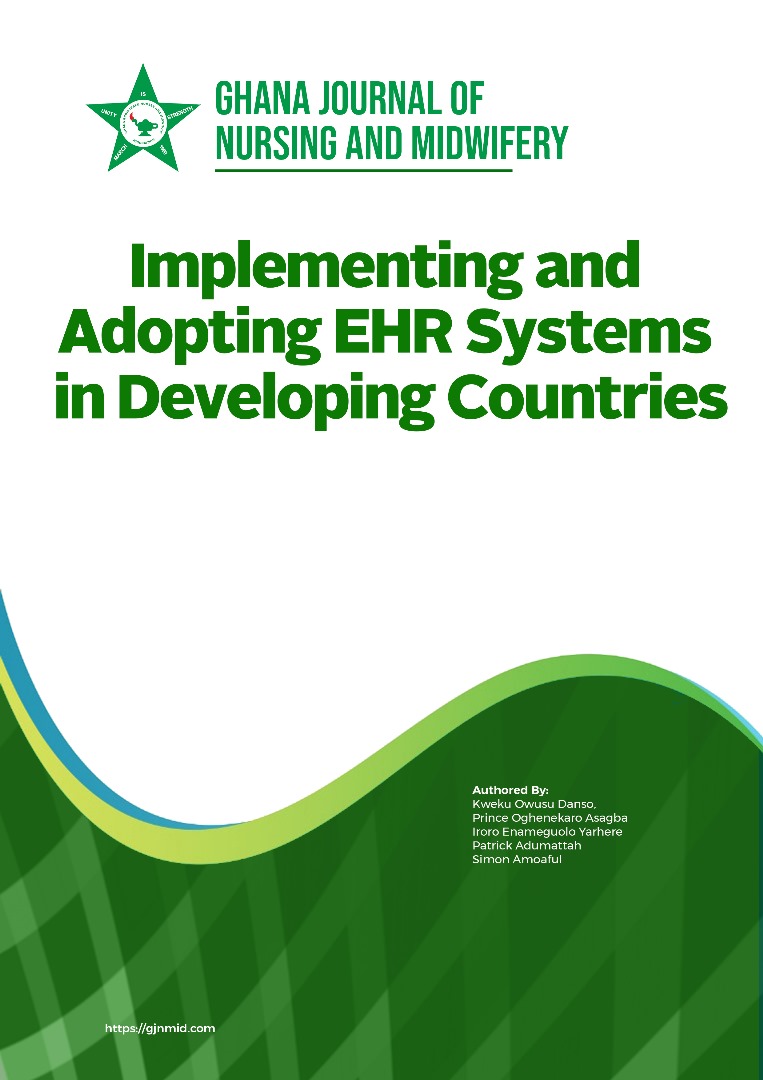Implementing and Adopting EHR Systems in Developing Countries
Main Article Content
Abstract
This study examines the implementation and adoption of Electronic Health Record (EHR) systems in developing countries, focusing on challenges, strategies, and future directions. A comprehensive literature review and thematic analysis methodology was employed to synthesize findings from various case studies and research papers. The analysis reveals that while EHR systems offer significant potential benefits in improving patient care, enhancing data management, and optimizing resource allocation, developing countries face unique challenges including infrastructure limitations, financial constraints, and resistance to change. Successful implementation strategies include tailoring systems to local contexts, comprehensive training programs, phased implementation approaches, and robust data security measures. Policy implications include the need for national eHealth strategies, investment in infrastructure and capacity building, and establishment of legal frameworks for data protection. The study concludes that despite challenges, EHR implementation in developing countries is feasible with careful planning and sustained effort. This analysis contributes to nursing and midwifery by providing insights into the digital transformation of healthcare systems in resource-constrained settings, potentially informing practice and policy decisions.
Downloads
Article Details

This work is licensed under a Creative Commons Attribution 4.0 International License.
Copyright (c) 2024
This work is licensed under a Creative Commons Attribution 4.0 International License.






